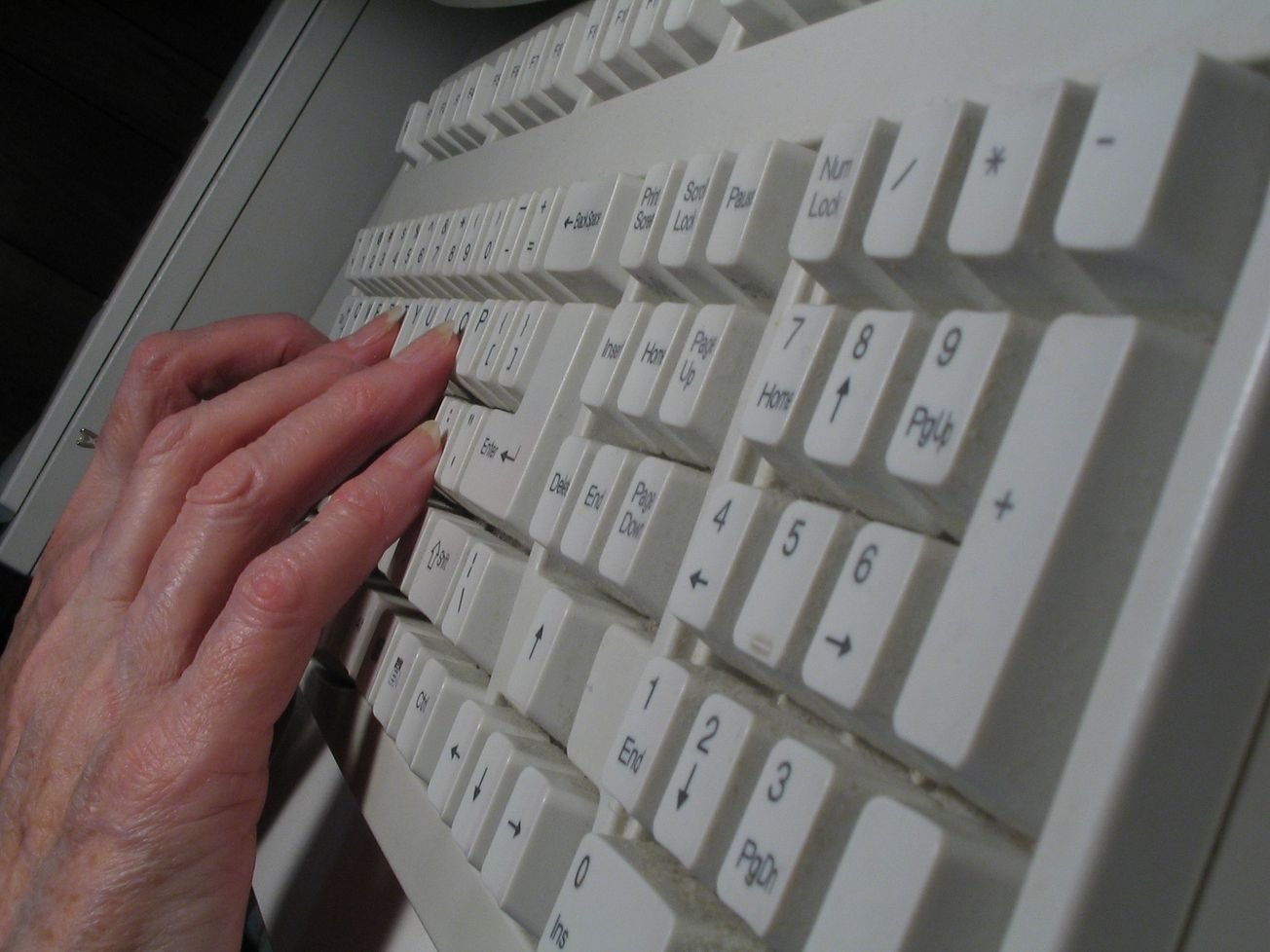By Annie Wilson, Second year, Biology
To donate or not to donate personal data for research: that is the question, recently answered by a new study led by Bristol researchers.
In the modern world, data collection and handling are prevalent as ever. There are different reasons as to why data is collected; commercial data is easily collected by organisations and companies, and used for marketing purposes or within medical research. However, it is not easy to obtain this form of electronic information for broader academic research. The purpose of the study, led by Dr Anya Skatova from the School of Psychological Science, was to see if the public were willing to donate their data and spur discussion around consent in data collection.
The study used a questionnaire exploring not only who out of their 1,300-person study cohort would donate, but for what reasons. The researchers were able to identify three key factors influencing willingness to donate data. Social duty was a factor describing people who were willing to donate in order to benefit society. Another factor was self-interest, where individuals were willing to donate if it benefitted their reputation. The final factor examined was of purpose; curiosity about the donation process and what is done with collected data.
| Google's quantum supremacy claim causes controversy
The researchers found that the strongest contributing factor to donation was of social duty and the wish to benefit society. Considering the significant need for personal data to fuel academic research across various disciplines, donating it could be highly beneficial for society and thus fulfil this common donor wish.

The results suggest that the strongest factor influencing someone to not donate data was the need to gain personal benefits from the process. There is great importance in understanding the factors which discourage people from providing data, in order to shape donation campaigns in the future. Interestingly, the researchers also found that understanding why the data was needed influenced attitudes; if people did not know what their data was contributing to, they were less likely to contribute at all.
Future research will clearly need to consider the quality of their communications when considering favours such as data donation from the public. Although this study appears to be definitive surrounding the topic, it is unknown how willing the public are to donate in real life. In a non-hypothetical scenario, people might only be willing to donate once they understand the purpose and whether it justifies the means.
| Bristol grads' AI handwriting business wins £25,000 prize
In the future, understanding public motivation for donating commercial data could be used to personalise campaigns. Gathering more intel using further surveys could assist with how we ask the public in the future. Regardless of opinions regarding commercial data, it is here to stay. Therefore, understanding public attitudes can help to shape how this information is obtained. Soon, it may be more beneficial for all industries to require the public’s consent to donate; this way, academia can be included in the benefits that commercial-scale data collection has to offer.
Featured image: Flickr / Paul Ely
How do you feel about giving away your data? Get in touch!









